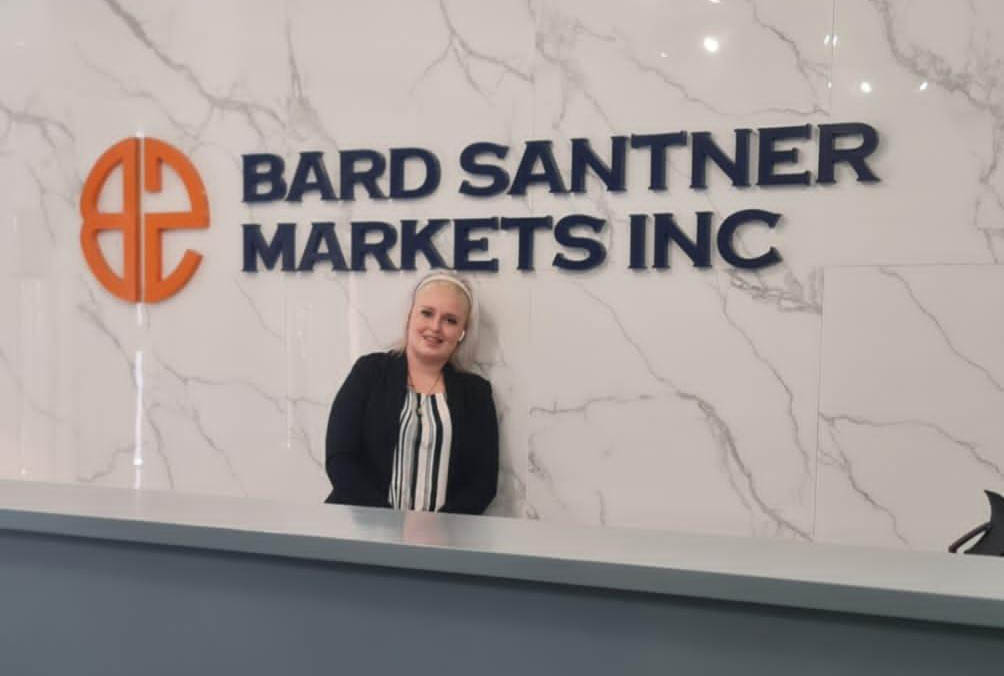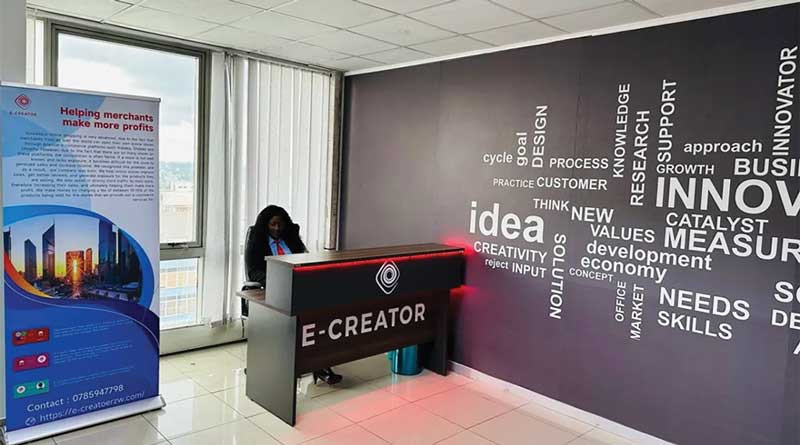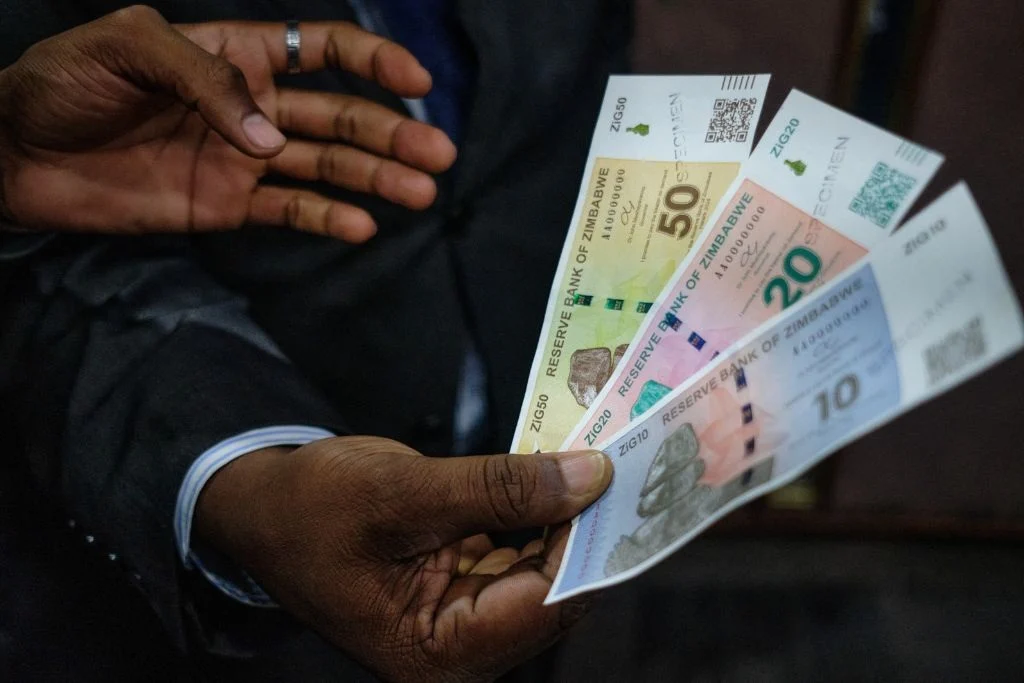HARARE – Local financial services firm Bard Santner Inc has set up an office in New York, United States, in a move to attract capital investment unlock transaction opportunities offshore.
The company opened its New York office last week on the 85th floor of One World Trade Center. It has banking relationships with J.P. Morgan and Citibank.
Speaking after meeting investors at the company’s new offices, Bard CEO Senziwani Sikhosana said: “We decided to come here because our economies in SADC have significant growth opportunities for global capital. Given that reality, our view is that we must have a presence in the financial hubs of global capital, which includes New York, Shanghai, London, and so on. Of course, in the region we are already in Johannesburg.
“This is an exciting time for us, especially considering that the US has the world’s largest venture capital market. Naturally, we are eager to tap into this vast potential. The ultimate goal is to become the preferred partner for companies and other organisations operating in the dynamic and rapidly evolving SADC marketplace.”
Bard Santner is chaired by Mauritius-based Vino Bussawah, with four local Zimbabwean directors. The firm currently has a presence in Zambia, Botswana, Zimbabwe, South Africa, and Mauritius.
Sikhosana said Bard Santner is well-placed in the region and overseas to offer channels for capital movements and investment.
He said: “As we move to offer capital inflows into the region through new channels, we are cognisant of the gaps that exist in local capital markets in Africa, especially in the southern African.
“Most of the big deals are structured and closed outside the continent; with the majority if not all them done in the US, Europe or China. This is not by chance though. Structuring such big investment transactions for different companies, big, small or start-ups, operating in different and multiple countries requires an interplay of advanced finance and legal expertise, and an understanding of the relevant macro-economic environments, as well as mature capital markets that facilitate efficient execution of the deals and flow of funds.
“Capital markets in most countries across Africa and in the region are still at their nascent stages of growth; and this explains why most big investment deals are negotiated, structured and closed outside the continent.
“In addition, the financial services sector in most countries in Africa is not sufficiently capitalised to take on large investment deals locally. As a result, there has been syndication of deals with global partners.”
Bard Santner has interests in asset management, wealth management, corporate finance, remittances, and commodity trading. The company plans to venture into commodity trading with Asian countries and also provide advisory services from the New York office. The advisory will focus on helping businesses in SADC to raise capital and facilitate investment.
In April 2023, Bard Santner mobilised Zimbabwean capital market players and executives of Victoria Falls Stock Exchange-listed companies to an investor conference in London.
Executives from corporate giants which included Innscor Africa, Karo Platinum, Caledonia Mining Limited, and Seedco Group attended the conference held at the London Stock Exchange. Finance minister Mthuli Ncube gave the keynote address.
“We are very encouraged by the support and feedback from our corporate clients, both local and regional,” said Sikhosana. “This makes us confident that our venture into New York will help us unlock value for our clients, investors and economies at large, while presenting a fresh portfolio of assets to the world.”
Bard Santner also advises clients and investors on risk management, helping enterprises mitigate the impact of uncertainty.
“In collaboration with partners, we also gather market intelligence and develop models and dashboards to synthesise data into business-relevant metrics and design programmes in which our reports are used as the foundation for extensive client marketing and media activity,” said Sikhosana.
“Using our suite of models, we are able to provide forecasts through our own researched assumptions for critical variables such as fuel prices, interest and exchange rates, and government policy. We can also develop forecasts for the metrics that drive companies’ decision-making and performances.”















